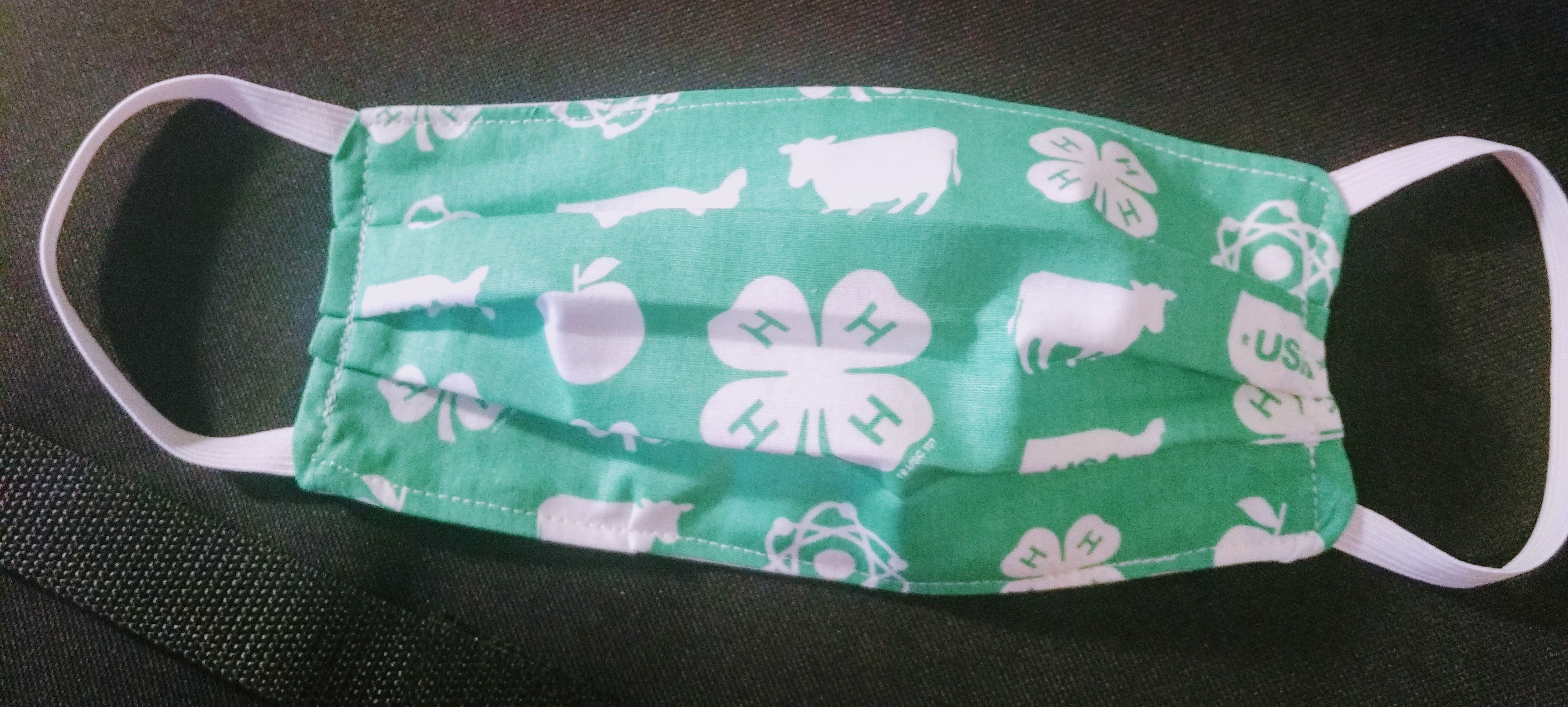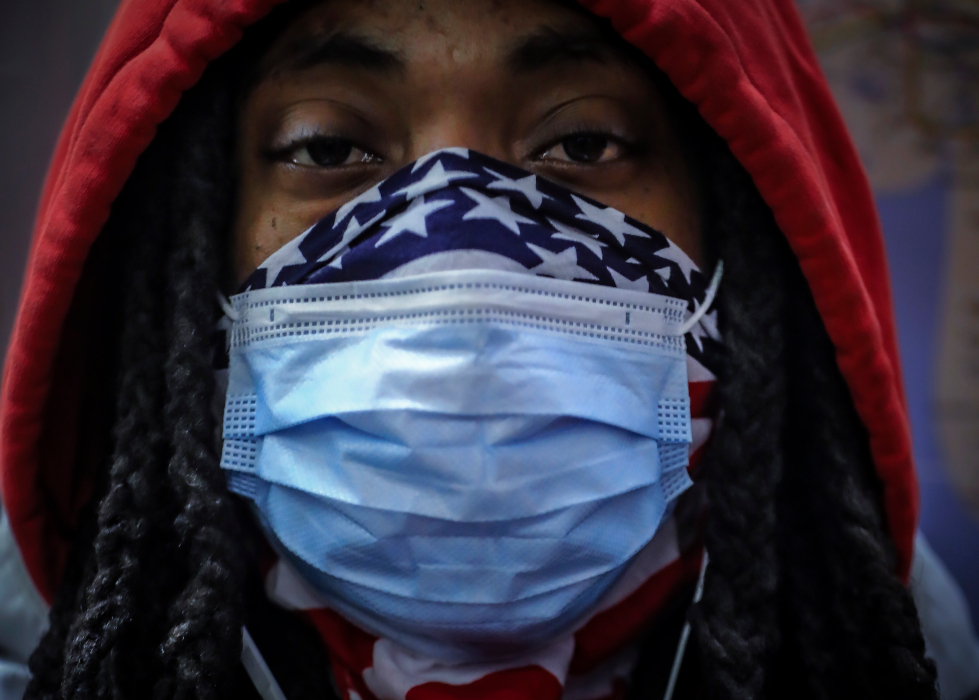Arguments For and Against the Nassau County Mask Ban: Nassau County Ban Masks

The Nassau County mask ban, implemented in [Date], has sparked heated debate, with proponents arguing for individual liberty and economic recovery, while opponents raise concerns about public health and safety. This debate highlights the complex interplay between individual rights, public health, and economic considerations in the face of a pandemic.
Arguments in Favor of the Mask Ban
The proponents of the mask ban argue that it is an infringement on individual liberty and an unnecessary measure that stifles economic recovery. They contend that individuals should have the freedom to make their own choices regarding their health and safety, and that masks are ineffective in preventing the spread of COVID-19.
- Individual Liberty: Proponents of the mask ban argue that individuals have the right to make their own choices about their health and safety. They believe that requiring masks infringes on this right and creates an atmosphere of fear and distrust.
- Economic Recovery: Some argue that mask mandates have a negative impact on businesses and the economy. They believe that requiring masks discourages people from going out and participating in economic activity, which ultimately harms businesses and slows down economic recovery.
- Limited Effectiveness: Some proponents of the mask ban argue that there is limited scientific evidence to support the effectiveness of masks in preventing the spread of COVID-19. They point to studies that suggest masks may not be as effective as previously believed, particularly in outdoor settings.
Arguments Against the Mask Ban
Opponents of the mask ban argue that it is a necessary public health measure that helps to protect individuals and communities from the spread of COVID-19. They contend that masks are an effective tool for reducing transmission and that the benefits of wearing masks outweigh any potential drawbacks.
- Public Health: Opponents of the mask ban argue that it is a necessary public health measure to protect individuals and communities from the spread of COVID-19. They believe that masks help to reduce the transmission of the virus by preventing respiratory droplets from spreading into the air.
- Scientific Evidence: Numerous studies have shown that masks are effective in reducing the transmission of respiratory viruses, including COVID-19. The Centers for Disease Control and Prevention (CDC) recommends mask-wearing in public settings, particularly indoors, to help prevent the spread of the virus.
- Vulnerable Populations: Opponents of the mask ban argue that it puts vulnerable populations at risk. Individuals with underlying health conditions or weakened immune systems are more susceptible to severe illness from COVID-19. Masks help to protect these individuals by reducing their exposure to the virus.
Scientific Evidence on Mask Effectiveness
The scientific evidence overwhelmingly supports the effectiveness of masks in preventing the spread of respiratory illnesses, including COVID-19. Numerous studies have shown that masks can significantly reduce the transmission of respiratory droplets, which carry viruses and bacteria.
- CDC Recommendations: The CDC recommends wearing masks in public settings, particularly indoors, to help prevent the spread of COVID-19. The CDC cites a wealth of scientific evidence that supports the effectiveness of masks in reducing transmission.
- Meta-Analysis: A meta-analysis of 17 studies published in the journal “Cochrane Database of Systematic Reviews” found that masks were effective in reducing the transmission of respiratory viruses. The study concluded that “wearing a mask may be effective in reducing the risk of infection with respiratory viruses.”
- Real-World Evidence: Real-world evidence from countries like Taiwan and South Korea, which implemented mask mandates early in the pandemic, suggests that masks played a significant role in reducing the spread of COVID-19.
The Impact of the Nassau County Mask Ban on Public Health and Society

The Nassau County mask ban, a controversial policy implemented in [insert date], has sparked widespread debate regarding its potential implications for public health and society. This policy, which rescinded the mandatory mask requirement in certain settings, has raised concerns about its impact on COVID-19 transmission rates, vulnerable populations, and public trust in health authorities. This section delves into these critical aspects, exploring the potential consequences of the mask ban.
Impact on COVID-19 Transmission Rates
The potential impact of the mask ban on COVID-19 transmission rates in Nassau County is a subject of considerable debate. Proponents of the ban argue that it liberates individuals from unnecessary restrictions and allows for a return to normalcy. They contend that masks are ineffective in preventing transmission and that the ban promotes personal responsibility. Opponents, however, express concerns about the potential increase in COVID-19 cases and hospitalizations, citing the protective role of masks in reducing transmission.
- Increased Transmission: Studies have consistently demonstrated the effectiveness of masks in reducing COVID-19 transmission. A comprehensive review published in the journal “The Lancet” concluded that mask-wearing significantly lowers the risk of infection, particularly in indoor settings. [Insert relevant study or data to support the claim] The removal of mask mandates could lead to an increase in transmission rates, potentially overwhelming healthcare systems and prolonging the pandemic.
- Reduced Protection: Masks serve as a physical barrier, preventing the spread of respiratory droplets containing the virus. The ban removes this layer of protection, increasing the risk of infection for individuals, particularly in crowded or poorly ventilated areas. This could lead to a surge in cases, especially among vulnerable populations.
- Uncertainty and Data: The long-term impact of the mask ban on transmission rates remains uncertain, as the policy is relatively new. Ongoing monitoring of COVID-19 cases and hospitalizations in Nassau County is crucial to assess the effectiveness of the ban and identify any potential negative consequences. [Insert relevant data or examples to support the claim]
Impact on Vulnerable Populations
The Nassau County mask ban raises concerns about its potential impact on vulnerable populations, including the elderly, individuals with underlying health conditions, and those with weakened immune systems. These groups are at increased risk of severe COVID-19 illness and may be disproportionately affected by the ban.
- Increased Risk of Infection: The elderly and individuals with underlying health conditions are more susceptible to severe COVID-19 infection and complications. The mask ban removes a crucial layer of protection, potentially exposing them to higher risks of contracting the virus. [Insert relevant data or examples to support the claim]
- Limited Access to Healthcare: The ban could exacerbate existing healthcare disparities, as vulnerable populations may face greater challenges in accessing necessary medical care. The increased risk of infection could lead to higher hospitalization rates and strain healthcare resources. [Insert relevant data or examples to support the claim]
- Social Isolation: The mask ban could inadvertently contribute to social isolation, particularly for vulnerable individuals who may be hesitant to engage in social activities without the added protection of masks. This isolation could have detrimental effects on their mental and physical well-being. [Insert relevant data or examples to support the claim]
Impact on Public Trust in Health Authorities, Nassau county ban masks
The Nassau County mask ban has the potential to impact public trust in health authorities. This policy may be perceived as a deviation from scientific recommendations and public health guidance, leading to confusion and skepticism among the population.
- Erosion of Trust: The ban may undermine public trust in health authorities, particularly if it is seen as being driven by political considerations rather than scientific evidence. This erosion of trust can hinder public cooperation with future health recommendations and policies, potentially jeopardizing efforts to control the pandemic. [Insert relevant data or examples to support the claim]
- Mixed Messaging: The mask ban creates mixed messaging, with some authorities advocating for mask-wearing while others are lifting mandates. This inconsistency can lead to confusion and uncertainty among the public, making it difficult for individuals to make informed decisions about their health and safety. [Insert relevant data or examples to support the claim]
- Increased Polarization: The mask ban may exacerbate existing political divisions and contribute to a more polarized society. The policy has become a focal point for debate, with strong opinions on both sides. This polarization can hinder constructive dialogue and collaboration on public health issues. [Insert relevant data or examples to support the claim]
Nassau county ban masks – Nassau County banning masks? Talk about a right royal mess, innit? But hey, at least you can still get festive with your Christmas decor. Why not spice up your dinner party with some killer chair cover ideas for Christmas ?
It’ll make your gaff look proper festive, even if the whole mask thing is a bit of a downer.
Nassau County banning masks? Talk about a right laugh, innit. I mean, if you’re gonna spend all that time studying for your exams, you might as well do it in style, right? Get yourself a decent study table and chair , something that’s gonna make you feel like a boss, not some sweaty mess in a mask.
Anyway, who knows what’s gonna happen next in Nassau County, it’s a proper madhouse out there.
